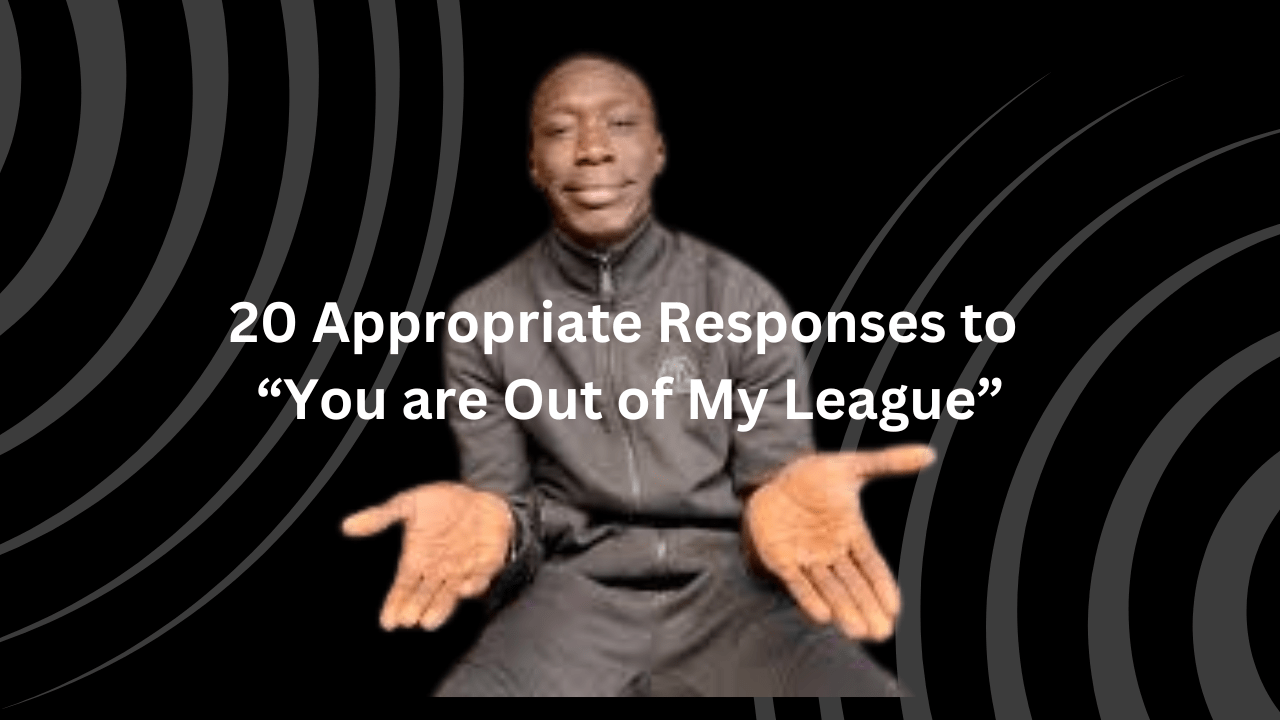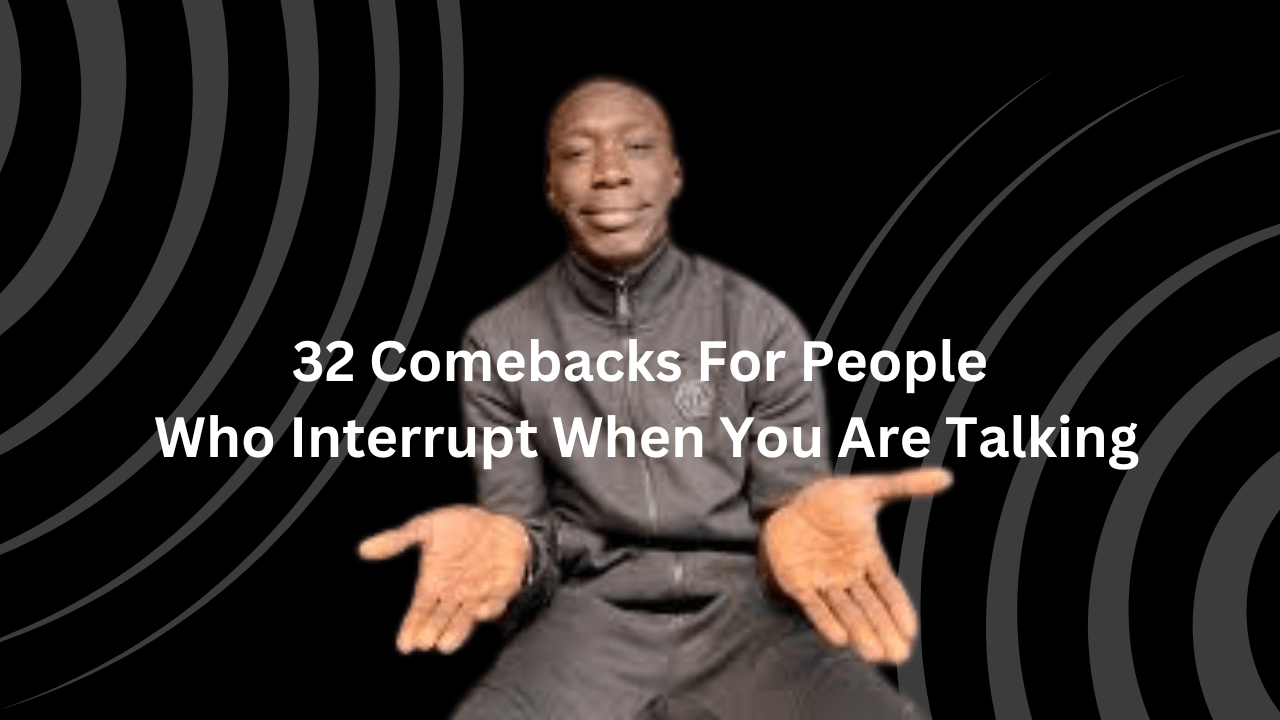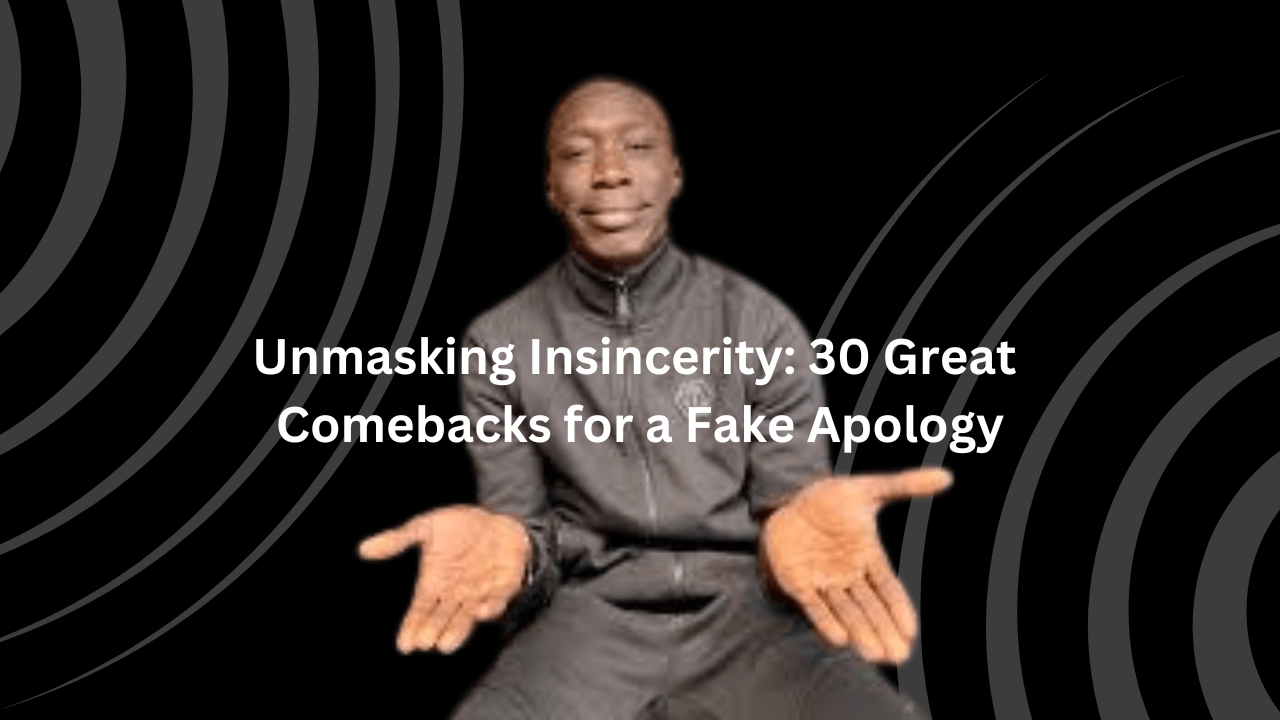“Exploring the Quality of Your Rest
Striving for a restful night’s sleep is a shared pursuit for many seeking relaxation and rejuvenation. The impact of sleep quality extends far beyond mere rest, influencing various aspects of overall well-being.
Thus, when someone inquires, “How did you sleep?” it transcends the realm of ordinary conversation, prompting the need for responses that are both thoughtful and engaging. Delve deeper into our article to discover a diverse range of 20 unique and insightful ways to answer this uncommon yet significant question.”
20 Responses to “How Did You Sleep”

“Like a baby wrapped in clouds”
This response paints a vivid picture of deep, uninterrupted sleep akin to the peaceful slumber of an infant. It conveys a sense of tranquility and comfort, suggesting that the individual experienced a restorative and serene night’s sleep characterized by a feeling of weightlessness and security, much like being cradled in soft, billowing clouds. This response not only indicates the quality of sleep but also evokes imagery of pure relaxation and contentment.
“Slept like a log”
This expression suggests a profound level of restfulness, likening the individual’s sleep to that of a heavy, undisturbed log. It implies a deep, uninterrupted sleep experience, where the individual was completely unaware of their surroundings and enjoyed a state of blissful unconsciousness throughout the night. The imagery of a log conveys a sense of solidity and stability, emphasizing the deep and unwavering nature of the sleep.
“I had a restorative rest”
This response communicates that the sleep was rejuvenating and refreshing, implying that it contributed positively to the individual’s well-being. It suggests that the sleep served to replenish and revitalize the body and mind, leaving the individual feeling energized and renewed upon waking. This response goes beyond merely describing the quality of sleep and emphasizes its beneficial effects on overall health and vitality.
“Slept like a bear in hibernation”
Similar to the log analogy, this response implies a deep and prolonged sleep, evoking the image of a bear in hibernation—a period of extended, uninterrupted rest. It suggests that the individual experienced a state of profound slumber, characterized by a deep sense of tranquility and dormancy, akin to the natural sleep cycle observed in hibernating bears. This response conveys the idea of complete immersion in sleep, with the individual entering a state of restful repose akin to that of a bear during its winter slumber.
“I slept like a dream”
This phrase suggests that the sleep experience was pleasant and possibly accompanied by vivid or pleasant dreams, leaving the individual feeling content upon waking. It conveys a sense of satisfaction and fulfillment, implying that the individual experienced a restful and enjoyable night’s sleep characterized by pleasant mental imagery and a sense of inner peace. This response highlights the subjective experience of sleep, emphasizing the positive emotions and sensations associated with the sleep cycle.
“I slept soundly”
This response indicates that the individual experienced uninterrupted sleep, free from disturbances or disruptions, resulting in a feeling of deep relaxation. It suggests that the individual achieved a state of restful repose, characterized by a lack of disturbances or interruptions that may disrupt the sleep cycle. This response conveys a sense of tranquility and calm, indicating that the individual was able to fully relax and unwind during the night, leading to a feeling of overall well-being upon waking.
“I had a blissful night’s sleep”
This expression conveys a sense of serenity and contentment, suggesting that the individual experienced a peaceful and enjoyable sleep experience. It implies that the individual entered a state of deep relaxation and tranquility, characterized by a sense of inner peace and happiness. This response emphasizes the emotional aspect of sleep, highlighting the positive feelings and sensations associated with a restful night’s sleep. It suggests that the individual experienced a sense of fulfillment and satisfaction during the sleep cycle, leading to a feeling of bliss upon waking.
“I slept like a rock”
Similar to “slept like a log,” this phrase implies a deep and undisturbed sleep, suggesting that the individual was completely relaxed and unaware of their surroundings. It conveys the idea of a deep and restful sleep experience, characterized by a lack of awareness and responsiveness to external stimuli. This response emphasizes the sense of solidity and stability associated with sleep, suggesting that the individual was able to achieve a state of complete relaxation and repose during the night.
“I had a peaceful night’s rest”
This response suggests that the individual experienced a calm and tranquil sleep experience, free from stress or discomfort. It conveys a sense of serenity and tranquility, indicating that the individual was able to relax and unwind during the night, leading to a feeling of inner peace and contentment. This response highlights the importance of a peaceful sleep environment and emphasizes the role of relaxation in achieving a restful night’s sleep. It suggests that the individual was able to achieve a state of mental and physical relaxation, resulting in a feeling of overall well-being upon waking.
“I drifted off into a deep slumber”
This imagery-rich response suggests that the individual entered a state of profound sleep gradually and effortlessly, implying a sense of ease and relaxation. It conveys the idea of a gradual transition from wakefulness to sleep, characterized by a feeling of weightlessness and detachment from the outside world. This response emphasizes the gradual onset of sleep and suggests that the individual was able to achieve a state of deep relaxation and tranquility, leading to a restful night’s sleep. It highlights the importance of relaxation techniques and bedtime rituals in promoting healthy sleep patterns and emphasizes the role of mental and physical relaxation in achieving restful sleep.
“I had a rejuvenating night’s sleep”
This response indicates that the individual experienced a sleep that was deeply restorative and invigorating. It suggests that the sleep contributed positively to the individual’s overall well-being, leaving them feeling refreshed and revitalized upon waking. This response emphasizes the restorative effects of sleep on both the body and mind, highlighting its ability to replenish energy stores and promote physical and mental rejuvenation.
“I slept like a champ”
This colloquial expression implies that the individual had a highly successful and satisfying sleep experience, akin to that of a champion. It conveys a sense of achievement and satisfaction, suggesting that the individual was able to overcome any obstacles to achieve a restful night’s sleep. This response emphasizes the individual’s resilience and ability to overcome challenges, highlighting their mastery of the sleep cycle and their ability to achieve a state of deep relaxation and repose.
“I had a deep and restful slumber”
This response indicates that the individual experienced a sleep that was both profound and replenishing. It suggests that the sleep was characterized by a sense of depth and intensity, indicating a high level of relaxation and restoration. This response emphasizes the restorative nature of sleep, highlighting its ability to promote physical and mental well-being by allowing the body and mind to enter a state of deep relaxation and rejuvenation.
“I enjoyed a tranquil night’s rest”
This expression suggests that the individual experienced a sleep that was marked by a sense of tranquility and calmness. It conveys a feeling of peacefulness and serenity, indicating that the individual was able to relax and unwind during the night. This response emphasizes the importance of creating a peaceful sleep environment and engaging in relaxation techniques to promote restful sleep. It suggests that the individual was able to achieve a state of inner peace and contentment during the sleep cycle, leading to a feeling of overall well-being upon waking.
“I had a blissful slumber”
This response implies that the individual experienced a sleep that was characterized by a sense of happiness and contentment. It suggests that the sleep was deeply satisfying and enjoyable, leaving the individual feeling blissful and at ease upon waking. This response emphasizes the emotional aspect of sleep, highlighting its ability to promote positive feelings and sensations. It suggests that the individual experienced a sense of fulfillment and joy during the sleep cycle, leading to a feeling of overall happiness and well-being.
“I slept deeply and peacefully”
This straightforward response indicates that the individual experienced a sleep that was both deep and tranquil. It suggests that the sleep was marked by a lack of disturbances or interruptions, allowing the individual to enter a state of profound relaxation and repose. This response emphasizes the importance of achieving a state of mental and physical relaxation during sleep, highlighting its role in promoting restful and rejuvenating sleep. It suggests that the individual was able to fully relax and unwind during the night, leading to a feeling of deep peace and tranquility upon waking.
“I drifted off into a blissful slumber”
This poetic response suggests that the individual entered a state of peaceful and contented sleep gradually and effortlessly. It conveys a sense of ease and relaxation, indicating that the individual was able to let go of any tension or stress and surrender to the sleep cycle. This response emphasizes the importance of letting go of worries and anxieties in order to achieve restful sleep, highlighting the role of mental relaxation in promoting deep and restorative sleep. It suggests that the individual experienced a sense of bliss and contentment during the sleep cycle, leading to a feeling of overall well-being upon waking.
“I experienced a night of uninterrupted rest”
This response indicates that the individual enjoyed a sleep that was free from disturbances or disruptions. It suggests that the sleep was characterized by a lack of interruptions, allowing the individual to enter a state of deep relaxation and repose without any external distractions. This response emphasizes the importance of creating a sleep-friendly environment and minimizing potential disruptions in order to promote restful sleep. It suggests that the individual was able to fully immerse themselves in the sleep cycle, leading to a feeling of uninterrupted rest and rejuvenation upon waking.
“I had a night of deep, restorative sleep”
This response suggests that the individual experienced a sleep that was deeply restorative and replenishing. It conveys a sense of physical and mental rejuvenation, indicating that the sleep contributed positively to the individual’s overall well-being. This response emphasizes the restorative effects of sleep on both the body and mind, highlighting its ability to promote physical recovery and mental rejuvenation. It suggests that the individual experienced a sense of deep relaxation and renewal during the sleep cycle, leading to a feeling of restored vitality and energy upon waking.
“I enjoyed a night of blissful slumber”
This expression conveys a sense of happiness and satisfaction, suggesting that the individual experienced a sleep that was deeply satisfying and enjoyable. It implies a sense of contentment and well-being, indicating that the sleep contributed positively to the individual’s overall happiness and fulfillment. This response emphasizes the emotional aspect of sleep, highlighting its ability to promote positive feelings and sensations. It suggests that the individual experienced a sense of bliss and contentment during the sleep cycle, leading to a feeling of overall happiness and well-being upon waking.









